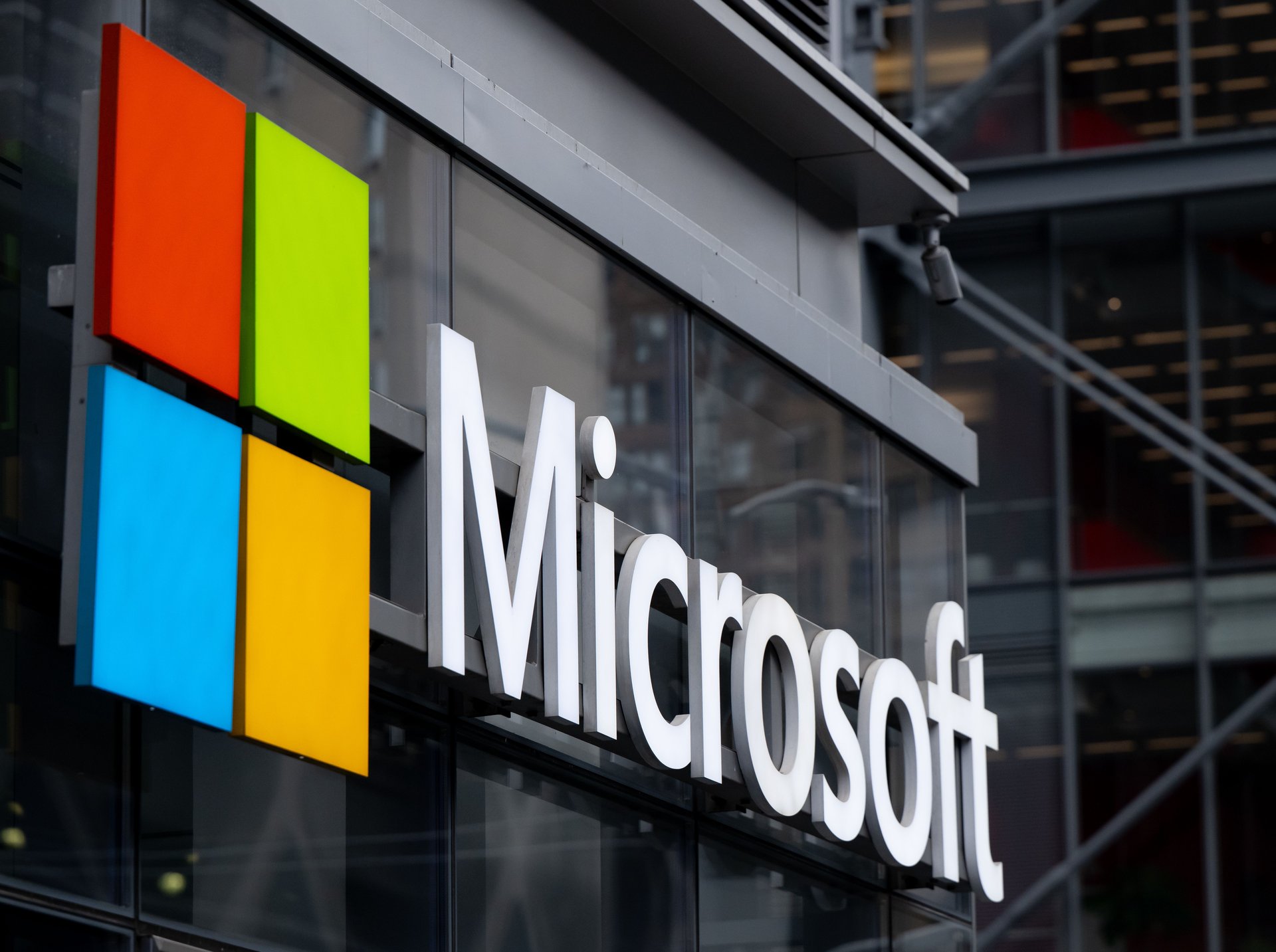Could AI speed up the nuclear energy boom?
The project uses Azure AI to generate key licensing documents for reactors — without replacing human oversight

Photo by Sven Hoppe/picture alliance via Getty Images
In a move that could significantly reduce the red tape facing nuclear innovators, the Idaho National Laboratory (INL) and Microsoft have teamed up to bring artificial intelligence to one of the most bureaucratically burdensome corners of clean energy: nuclear licensing.
Suggested Reading
The collaboration, funded by the U.S. Department of Energy’s Office of Nuclear Energy through the National Reactor Innovation Center, is focused on modernizing how developers prepare construction permits and operating license applications for nuclear power plants — an often painstaking and expensive process.
Related Content
“This is a big deal for the nuclear licensing process,” Jess Gehin, associate laboratory director for Nuclear Science and Technology at INL said in a release announcing the partnership. “Introducing AI technologies will enhance efficiency and accelerate the deployment of advanced nuclear technologies.”
Using Microsoft’s Azure AI services, INL will deploy a generative artificial intelligence tool designed to help engineers and developers construct the lengthy technical reports required by the U.S. Nuclear Regulatory Commission (NRC) and Department of Energy. These reports typically involve thousands of pages of safety and engineering data, pulled together from disparate sources. The Azure AI-powered solution doesn’t make the safety judgments itself, but it automates the report drafting process, giving human reviewers a more efficient starting point.
The tool is expected to be particularly valuable for the licensing of advanced reactors, which often differ in design and materials from traditional light water reactors, making standardized documentation more complex.
“Artificial intelligence technologies can enable a new frontier of innovation and advancement by automating routine processes,” said Heidi Kobylski, vice president for Federal Civilian Agencies at Microsoft. “We are honored to collaborate with INL to help address the complicated process of nuclear licensing.”
This isn’t INL and Microsoft’s first joint foray into AI-powered nuclear tech. In 2023, they partnered with Idaho State University students to build a digital twin — a virtual model — of ISU’s AGN-201 reactor.
Now, the partners are hoping this new application of AI could help clear a longstanding obstacle to scaling up clean, nuclear energy — by streamlining the paperwork required to get new reactors approved and running.
